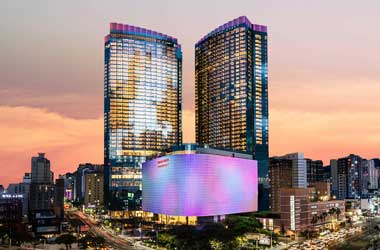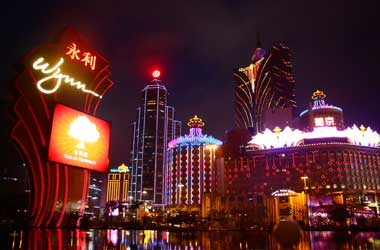Sri Lanka Mulls Establishment of Gambling Regulator Due To Economic Crisis
 Summary
Summary
- Sri Lankan legislators are proposing to establish a casino oversight body for a more efficient licensing system
- The move would ensure the government collects much-needed taxes from casino operators
- Sri Lanka is in the middle of a major economic crisis
Sri Lanka’s real money casino industry has been operating without a gambling regulatory authority but that could change in the near future as legislators are now considering establishing a casino regulator.
The move is aimed at strengthening the country’s casino licensing process, increasing tax revenue, and making sure gambling rules are effectively enforced.
Sri Lanka Needs Casino Regulator, Says Finance Committee
The creation of a gambling regulatory body is the subject of an ongoing debate among lawmakers and government officials, with the Committee on Public Finance arguing that Sri Lanka must have a casino regulator tasked with issuing licenses and ensuring proper collection of taxes. Committee Chairman Dr. Harsha da Silva said that is currently the case with any other country operating a gambling market.
Sri Lanka is experiencing a serious economic crisis, forcing it to default on its entire $51 billion foreign debt in April 2022. The island nation has sought help from the International Monetary Fund (IMF) to combat the crisis, and it will receive a $2.9 billion package from the financial agency under a preliminary agreement announced in September.
Casino Regulator Hoped to Resolve Tax, Licensing Issues
In an effort to get the economy back on its feet, Sri Lanka in July issued new casino licenses to collect much-needed taxes, a move which had not been done since 2010, despite the country’s Casino Business Act requiring the issuance of licenses to casinos operating in the country.
Sri Lanka is home to four casinos, all of which are located in the capital Colombo. According to reports, approximately $7.4 million in taxes had been left uncollected due to the country’s inefficient licensing system. Lawmakers are hopeful that a casino oversight body would address that problem and ensure relevant taxes are paid to the government.
Under proposals to regulate gambling in the country, casinos would be issued licenses of up to 20 years for $1.36 million. The license would be renewable every five years, and each license renewal would come with an upfront fee.
The government announced its plan to regulate the gambling sector and create a regulatory body just a month after Dhammika Perera was sworn in as the country’s new Finance Minister. The business tycoon, who is one of the wealthiest people in Sri Lanka, owns and operates three of the four casinos in the country.
Carolyn DuttonAuthor
Carolyn is our legislation expert, with a background in law she is able to cover the current state of gambling around the world




